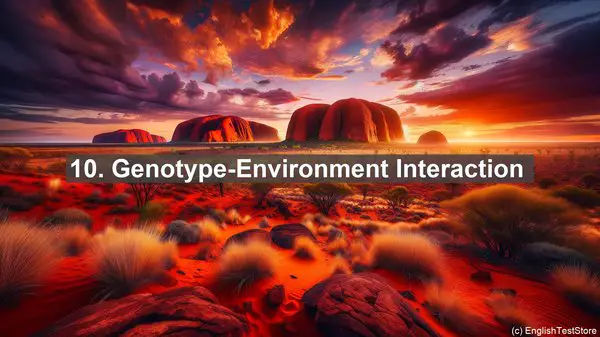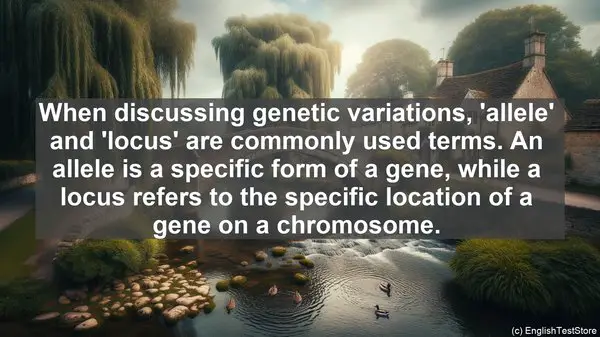Introduction to Toxicogenetics
Welcome to today’s lesson on the top 10 commonly confused words in toxicogenetics. Before we dive into the list, let’s have a quick overview of what toxicogenetics is all about.
1. Mutation vs. Polymorphism
One of the most common confusions in toxicogenetics is between the terms ‘mutation’ and ‘polymorphism’. While both involve changes in DNA, a mutation refers to a permanent alteration in the DNA sequence, often associated with disease. On the other hand, a polymorphism is a variation that is present in a population without any detrimental effects.
2. Genotype vs. Phenotype
Understanding the difference between ‘genotype’ and ‘phenotype’ is crucial. The genotype refers to the genetic makeup of an individual, while the phenotype is the observable characteristics resulting from the interaction between the genotype and the environment.

3. Toxicity vs. Tolerance
Toxicity and tolerance are two terms often used when discussing the effects of substances on organisms. Toxicity refers to the harmful effects of a substance, while tolerance is the ability of an organism to withstand or adapt to the substance without adverse effects.
4. Teratogen vs. Mutagen
When studying the effects of substances on development, it’s important to differentiate between ‘teratogen’ and ‘mutagen’. A teratogen is a substance that can cause birth defects, while a mutagen is a substance that can induce changes in DNA, potentially leading to mutations.
5. Pharmacokinetics vs. Pharmacodynamics
In pharmacology, ‘pharmacokinetics’ and ‘pharmacodynamics’ are often discussed. Pharmacokinetics deals with how a drug is absorbed, distributed, metabolized, and excreted by the body, while pharmacodynamics focuses on the drug’s effects on the body.

6. Genomics vs. Proteomics
While both genomics and proteomics are branches of molecular biology, they have distinct focuses. Genomics involves studying the entire genome, including the DNA sequence, organization, and function. Proteomics, on the other hand, focuses on the study of proteins, including their structure, function, and interactions.
7. Allele vs. Locus
When discussing genetic variations, ‘allele’ and ‘locus’ are commonly used terms. An allele is a specific form of a gene, while a locus refers to the specific location of a gene on a chromosome.
8. In vitro vs. In vivo
In scientific experiments, it’s important to differentiate between ‘in vitro’ and ‘in vivo’ studies. In vitro refers to experiments conducted outside a living organism, often in a laboratory setting. In vivo, on the other hand, refers to experiments conducted within a living organism.
9. Carcinogen vs. Oncogene
When studying cancer, it’s essential to understand the difference between ‘carcinogen’ and ‘oncogene’. A carcinogen is a substance or agent that can cause cancer, while an oncogene is a gene that has the potential to transform a normal cell into a cancerous one.
10. Genotype-Environment Interaction
Lastly, let’s discuss the concept of genotype-environment interaction. This refers to the phenomenon where the effects of genetic variations on a trait or disease are influenced by the environment in which an individual is exposed.
